| Amount Per 0.5 cup | |||
| Calories | 180 Kcal (754 kJ) | ||
| Calories from fat | 0 Kcal | ||
| % Daily Value* | |||
| Total Fat | 0g | 0% | |
|---|---|---|---|
| Cholesterol | 5mg | 2% | |
| Sodium | 160mg | 7% | |
| Potassium | 510mg | 11% | |
| Total Carbs | 35g | 12% | |
| Sugars | 35g | 140% | |
| Protein | 11g | 22% | |
| Vitamin A | 2mg | 67% | |
| Calcium | 400mg | 40% | |
* Percent Daily Values are based on a 2000 calorie diet. Your daily values may be higher or lower depending on your calorie needs.
Find out how many calories should you eat.
Ingredients And Nutrition Overview
Best
choice Good
choice Poor
choice Avoid
it!
choice Good
choice Poor
choice Avoid
it!
-
WeightWatchers Points: 3.6, PointsPlus: 5, SmartPoints: 9
WeightWatchers Points are estimated by carbohydrates, fats, protein and fiber in product. They are not an affirmation of better quality or nutritional value of the product or its manufacturer. Only way to count for dieters. Less points are better.
Read more at Weight watchers diet review -
2 tsp of sugars per serving
This includes both naturally occurring and added sugars. According to the USDA, every man woman and child in the US consumes approximately 80 pounds of caloric sweeteners per year! That works out to 25 tsp of sugars per day, or 400 extra calories!
-
For dieters: FoodPoints value is 2
* FoodPoints are calculated by Fooducate based on fats, carbs, fiber, and protein. They are not an endorsement or approval of the product or its manufacturer. The fewer points - the better.
-
Highly Processed!
This product is highly processed. If you'll take a look at its ingredient list, you'll discover new words to add to your vocabulary. Many of theses ingredients are required to increase the shelf life of the product and improve the flavor that disappears when food is not fresh.
-
Stevia - Naturally good?
Stevia is considered the most natural non-nutritive sweetener because it comes from a plant. If you were consuming only the leaves, this would certainly hold ground. However, what you are actually consuming is a concentration of steviol glycoside - a chemically altered version of the leaf. Some tout stevia as the miracle sweetener, while others couldn't disagree more. Studies have called it a carcinogen, while other studies say it has medical benefits. Proponents of its use say that it can help improve medical conditions from diabetes to heart disease. Stevia has been used widely in Japan since 1970, but was only approved by the FDA in 2010. While stevia certainly seems like an improvement over other artificial sweeteners, it may not deserve the halo of health it has received - only time will tell. As far as using stevia, keep in mind that like any sweetener, it should be consumed in moderation.
-
Learn about industrial caramel coloring
Homemade caramel is made by melting sugar in a saucepan. Brown coloring in sodas and some other products is not the same thing. Industrial caramel coloring is made by reacting sugars with ammonia and sulfites under high pressure and temperatures. The chemical reactions create 4-methylimidazole, which in government-conducted studies caused lung, liver, or thyroid cancer or leukemia in laboratory mice or rats. This is why California recently required foods containing caramel color to be labeled as potential cancer-causing agents. But you won't see this warning label any time soon - manufacturers simply reduced the use of caramel color enough that the labeling requirements no longer applied. Caramel color varies slightly between products - when in beer, sauces or baked goods it has just ammonia and when used in soft drinks, it has both sulfites and ammonia. Neither one is a "good" option. Bottom line: Choose something else, less controversial.
-
Naturally high in calcium
The calcium in this product comes from real food, not as a fortified ingredient. This is important because it means you are getting hundreds of additional nutrients from the real food.
-
A top product in its category
This product is in the top 10% of the products in its category
-
Natural flavors added. Learn why
Companies add flavorings to make products taste better. They are created in a lab and the formulations are guarded as trade secrets. Flavorings can compensate for flavor loss during processing, substitute for ingredients, lower production costs and increase shelf stability. Natural flavorings are more expensive to source than artificial flavors, but tend to be better received by consumers. People sensitive to MSG, vegans, vegetarians and those with allergies should pay special attention to the phrase "natural flavorings" since glutamates, animal products or allergens may be the source of natural flavors. You can always contact the manufacturer for more information.
You Might Also Like
% RDI of Main Nutrition Facts
9%
of RDI* (180 calories) 118 g
-
Cal: 9 %
-
Fat: 0 %
-
Carb: 11.7 %
-
Prot: 22 %
-
0%25%75%RDI norm*
Calories Breakdown
- Carbs (76.1%)
- Protein (23.9%)
Get Your Recipe of Health!
Follow RecipeOfHealth on Facebook!


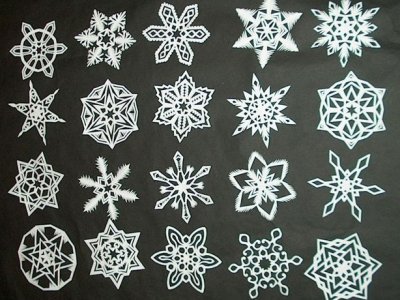


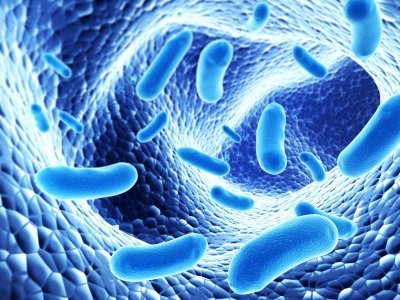








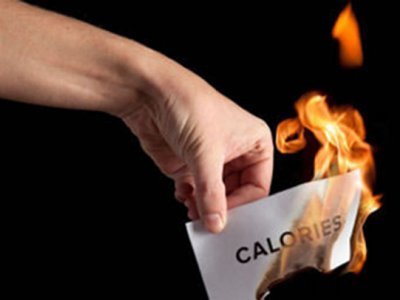
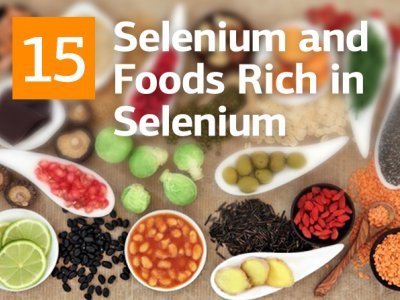
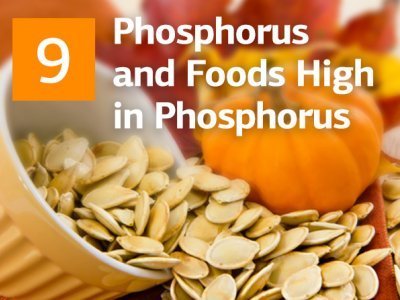
Add your comment